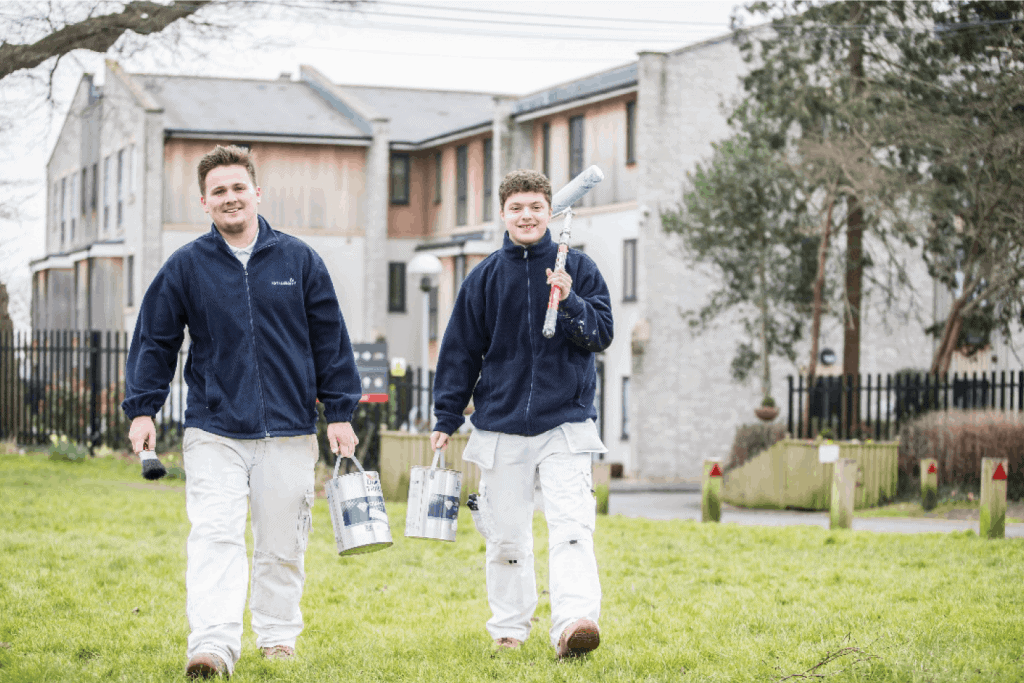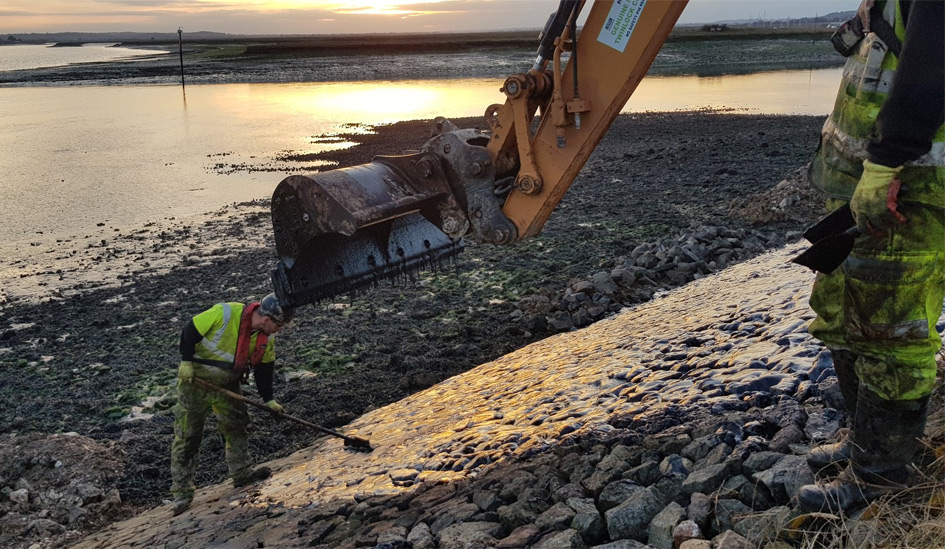Many companies, regardless of their size, sector or location, are currently facing a range of recruiting challenges that just didn’t exist a few years ago. Here, SALINE’s Operations Director Nikki Smith explains how small companies can be at an advantage when attracting talent to their team, and explains why the ‘perfect candidate’ may not be the most obvious choice.
What recruiting challenges are organisations facing right now?
a scarcity of skilled workers has led to firms having to work harder and offer more to attract and retain talent.
Well we know competition for the prime candidates is getting tougher. It’s quite a strange time to be recruiting and growing a team.
We’re finding that even candidates who only have a minimum of direct experience are now expecting and demanding a lot more from prospective employers. Many have very clear expectations about flexible and remote working as well as higher salaries and remuneration schemes.
I think that this isn’t just tied to the rising cost of living – it’s a wider shift to a new dynamic, where a scarcity of skilled workers has led to firms having to work harder and offer more to attract and retain talent.
Expectations on salary and perks have escalated, meaning that smaller, less corporate firms often don’t feel that they can compete.
So is money the only thing that will motivate and attract talent?
From conversations we’ve had at pretty much every level, it’s clear that people are highly motivated by working in a place where they can make a difference and feel valued.
No, I don’t believe so – and at SALINE, we have decided that beyond certain boundaries, we’re not going to compete primarily on salary. Our focus is on creating and embedding a positive company culture. Good company culture runs from the top to the bottom of an organisation, but it needs to be guided and informed by everyone.
From conversations we’ve had at pretty much every level, it’s clear that people are highly motivated by working in a place where they can make a difference and feel valued. Nobody wants to feel like a cog in a large anonymous corporate machine, where they are reduced to just their role or function. They may join a larger firm for the money and security, but will they stay if the role offers no autonomy or growth?
When you work for a smaller organisation, you’re more likely to be seen for what you can do, what skills you bring, how keen you are to learn. There’s also more scope for employees to be nurtured, to expand and grow. That’s always been the SALINE ethos, and I think that our low employee churn rate reflects this.
Team members who started in junior roles with us a few years ago are now stepping into more senior roles, and managing and mentoring newer recruits. So we’re demonstrating that there’s a clear pathway and opportunity for growth that keeps everyone focused and motivated.
What do you look for in a potential new recruit? Is there such a thing as the ‘perfect candidate’?
For me, curiosity and the ability to take the initiative and think laterally is key.
It’s not always what you think! We are all about building strong and lasting relationships with our clients and their stakeholders, but our business development team members come from a range of different backgrounds, not just from sales. We cast our net wide, and we prefer to hire people with a wide range of experience, as they bring a more rounded view and more open mind to the role.
Prior sales experience is useful but not essential. In fact, what we’ve seen is that people who have only ever worked in sales and nothing else are more likely to have a single way of doing things. While they may be more polished, they can also be more inflexible or less able to break out of their habits, so this means that they may not always be such a good fit here.
We look for candidates who are curious, who like to investigate, explore different angles and approaches. For me, curiosity and the ability to take the initiative and think laterally is key. You can tell this right from the first interaction, as you can see who has done their pre-interview prep, and who has just had a cursory glance at our website. If you haven’t done at least some due diligence on the organisation you’re interviewing with, then there’s a big concern that you’re not likely to succeed in the job!
How has your own career path informed the way you do things at SALINE?
we take the approach that the organisation is a vehicle for our people, no matter how long they’re with us.
Prior to co-founding SALINE, I worked in schools for many years, supporting children with special educational needs. I’ve found that working in schools and working in a company or organisation actually have quite a lot of similar aspects: you’re supporting people, skilling them up. Crucially you’re learning what specific things motivate them, understanding their challenges and giving them the self belief and confidence to grow their own way.
I strongly believe that this shouldn’t stop when you leave education; we all face our individual challenges every day. It makes sense to me that supporting the human and enabling personal development should be an inbuilt part of any organisation’s culture. For us at SALINE, we take the approach that the organisation is a vehicle for our people, no matter how long they’re with us. If we have contributed to their journey and to their personal growth, then that’s a win. For me, that’s really important.

Nikki Smith
Nikki leads on HR and the Finance side of SALINE operations, as well as research and managing the day-to-day business.
Prior to co-founding SALINE with Tim, she worked with children for 18 years, within settings that specialised in special educational needs.
With SALINE, she has worked closely in partnership with key clients to develop crucial staff mentoring programmes, and has been a senior mentor to young professionals at an early stage of their career in the marine industry.






